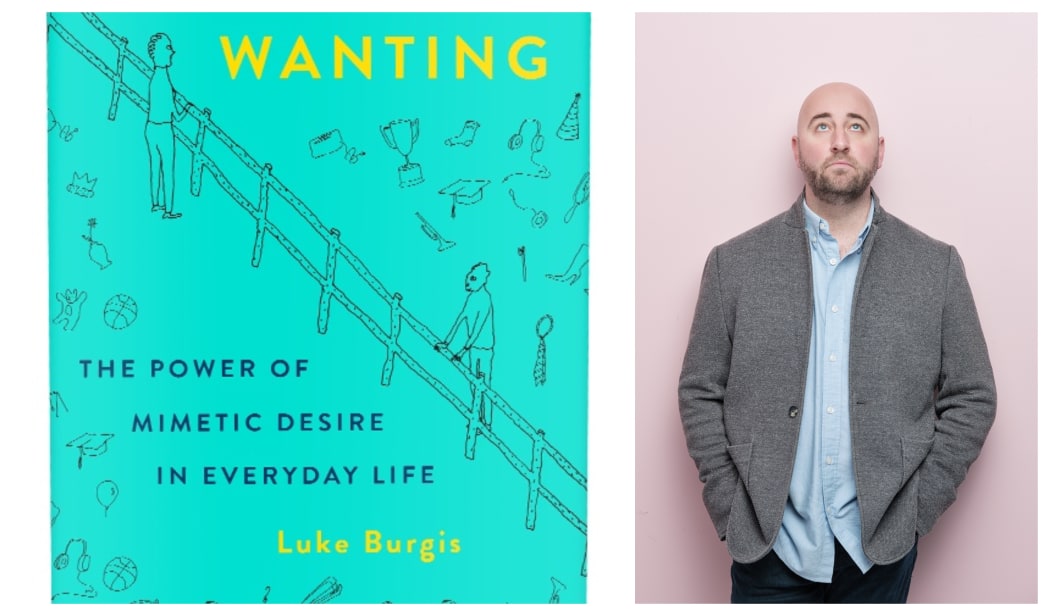We imitate other people's behaviour but we also subconsciously imitate what they desire, says entrepreneur Luke Burgis.
In the new book Wanting, he argues that by "desiring differently" we can become more independent and find more meaning in our lives.

Photo: Polina Zimmerman / Unsplash
Burgis tells Kathryn Ryan that French anthropologist René Girard's mimetic theory was a big influence on his own thinking.
Girard believed human desire was not individual, but collective.
"He made a fundamental discovery that the role of imitation in human life is far more pervasive than anybody had really thought it was.
"We know that we imitate language, we imitate social norms, but Girard's big idea, big discovery was that human beings imitate the desires of other people and we imitate at a really deep level."
Girard's major insight was that, unlike animals, human beings don't know what to want, Burgis says.
"[Animals] have instincts, they have needs, when they're hungry they eat, when they're thirsty they drink, when they're cold they instinctually seek warmth.
"[By contrast] human beings want all kinds of very abstract objects of desire which we have no instincts to guide us towards."
Without guidance, we look to other people as models of desire, he says.
"When I worked on Wall Street, a younger associate in my office left to go to Silicon Valley and start his own company.
"And wouldn't you know it a few months later, I started to have the same idea. 'Well, wouldn't that be nice, I think I want to do that, too.' All the while convincing myself that this was just the product of my own rational decision-making.
"I hadn't [previously] acknowledged or admitted the influence of him in my life."

Luke Burgis Photo: supplied by Luke Burgis
Our desires are not our own - we acquire them from other people, Burgis says.
"It speaks to our human nature as being fundamentally social. 'No man is an island' in the words of John Donne. Our nature is social, we're social beings, and far more social than we like to realise."
Yet we do have some control over what we desire, he suggests.
"We don't have to accept the desires that may have been given to us by the group or the industry that we work in. We can choose, with agency, to desire a different way of doing things, a different way of life."
Collective, or mimetic, desire becomes particularly dangerous is when it leads to rivalry, Burgis says.
"Because we imitate the desires of other people, usually unconsciously, it de facto can lead to us thinking of those other people as our rivals because we're imitating their desire for the same object.
"If that object can't be shared, then we immediately start to view other people with a 'zero-sum game' mentality. This is most often the case with people that are close to us, people that are inside of our worlds."
As humans, we have both 'thick' desires and 'thin' desires, he says.
"A thin desire is simply a highly mimetic desire that's here today, gone tomorrow. That's the number one sign of a thin desire - that it can change on a dime.
"If our desire was mediated to us by somebody that we work with, and that person leaves the company, then the desires that they were given to us could probably leave with them.
"A thick desire is the kind of desire that's cultivated over a long period of time. Most of us had thick desires from the time that we were young children, that desire could have been implanted in us by our parents, by a really healthy role model.
"It's important to distinguish these highly mimetic desires from the kind of desires that are enduring and fulfilling and not fleeting."
Luke Burgis is the entrepreneur-in-residence and director of programs at the Ciocca Centre for Principled Entrepreneurship where he also teaches business at The Catholic University of America.

